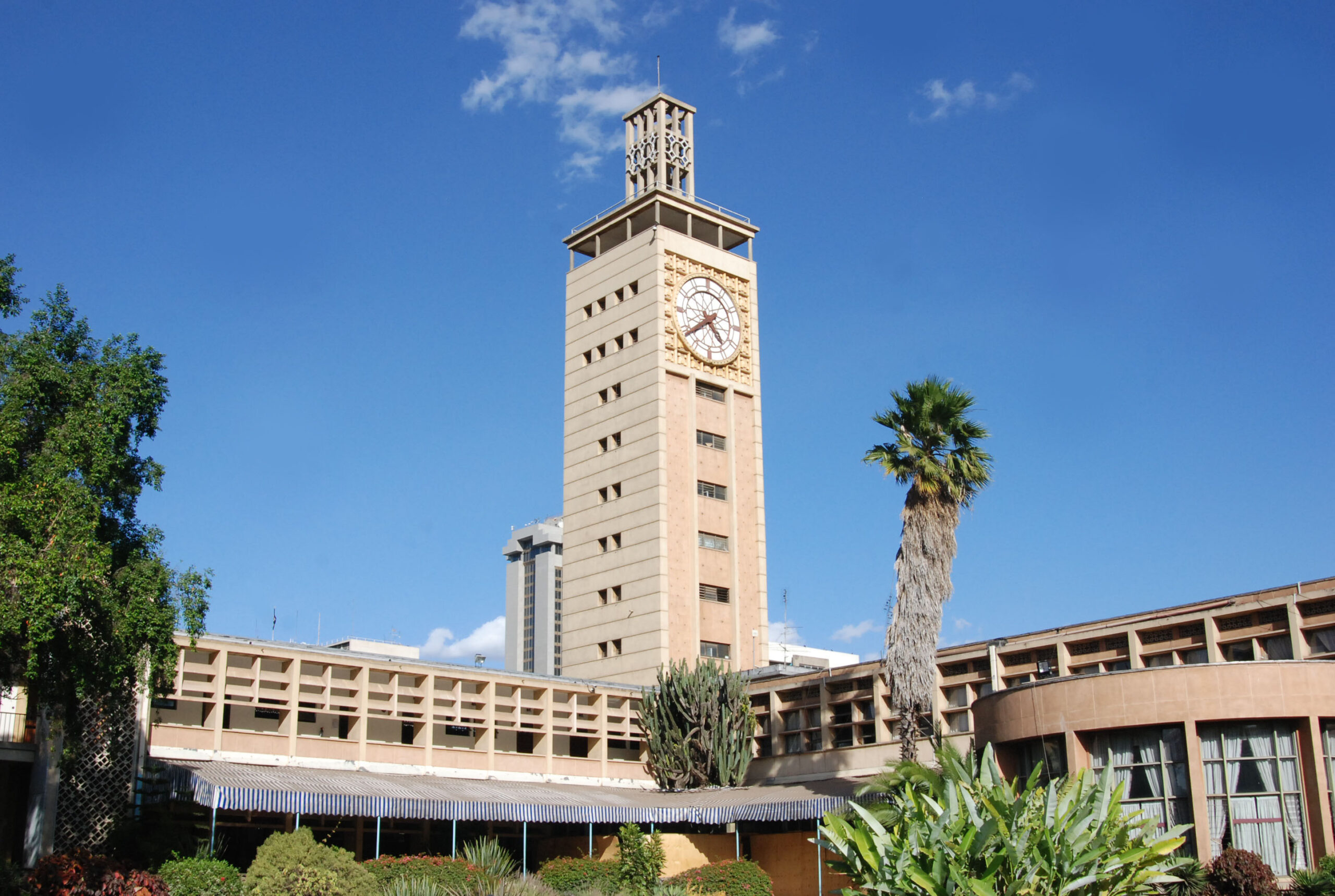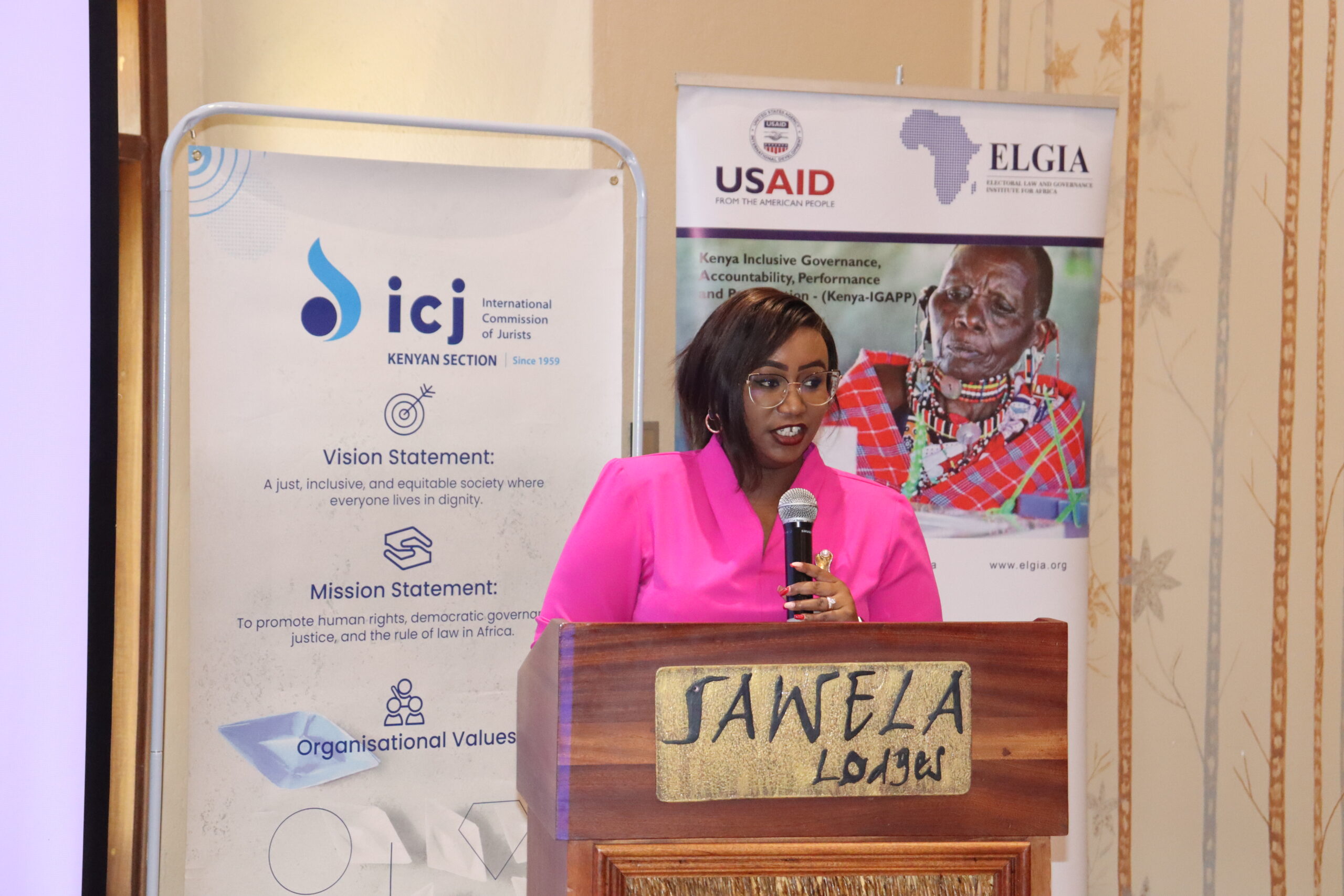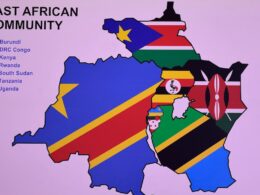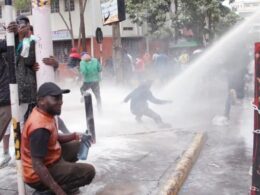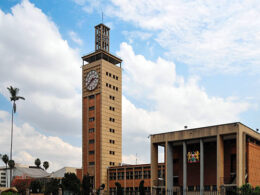NAIROBI,Kenya – When MPs resumed sittings after a two-month recess last week, Speaker Moses Wetangula intimated that the priority of the National Assembly will be putting into effect the National Dialogue Committee Report (Nadco) recommendations that were agreed upon by the ruling party and the opposition after taking views from experts, political parties, trade unions, civil society and members of the public.
The recommendations of Nadco centred around the creation of the office of the Leader of the Opposition and the office of the Prime Minister through a constitutional amendment.
Another recommendation was the expansion of the selection panel of the Independent Electoral and Boundaries Commission to nine.
One of the Opposition’s most significant areas of contention was the composition of the selection panel under the current law.
Lastly, Nadco recommended the formalisation of the National Constituency Development Fund and a similar fund for senators and Woman Representatives for affirmative action purposes, despite the Supreme Court’s finding that NCDF is unconstitutional because it entangles members of legislative bodies and legislative bodies in the service delivery mandate, however symbolic.
The Nadco was formed after President William Ruto and Opposition Leader Raila Odinga agreed to have talks after bloody protests between March and July 2023.
During the hearings, the Independent Policing Oversight Authority informed the Nadco that 57 Kenyans had been killed during the protests in 2023.
The protests were mostly about the prevailing high cost of living. Needless to say, concrete recommendations are still needed to remedy irresponsible borrowing, runaway corruption, and other factors that led to the bleak economic output.
However, the report did not delve into how political disagreements in Kenya often lead to street protests characterised by the unlawful use of force by police, death and destruction of property that ends up bringing our political elite to the negotiation table, thus halting the protests and police action and bringing back peace.
The plight of the victims and their quest for justice, restitution, and compensation is left by the wayside, yet their blood led to the political compromises that brought back peace.
The developments in 2017, including the presidential election that was annulled, the repeat elections which the opposition boycotted later in the year and the 2018 opposition protests that are reminiscent of those of 2023, similarly led to the famous handshake that proposed the ill-fated sweeping changes to the Constitution through the Building Bridges Initiative.
The persons who were maimed, including six-month-old Baby Pendo, were not a priority, as is the case today.
The National Police Service (NPS) and National Police Service Commission (NPSC) are poised to be fundamentally changed after the release of the Maraga Taskforce Report on police and prison officers’ welfare and other reforms.
The task force indicted the leadership of NPS and NPSC, openly finding that the police lacked visionary leadership and independence and that the NPSC abandoned its duties.
Observers note that the task force should have delved more into police accountability. Yet, the deadly protests and evidence of unlawful use of force were literally taking place as they were collecting views from stakeholders and preparing the report.
This may be an excellent time to take stock of what needs to be done to prevent (another) political impasse during and after the next elections.
Such impasses lead to protests, which are policed unlawfully, ending up in political dialogue that ends up giving the political elite more money and power leaving the victims alone.
The author, Demas Kiprono is the Ag. Executive Director ICJ Kenya.
This article was first published on The Standard.





